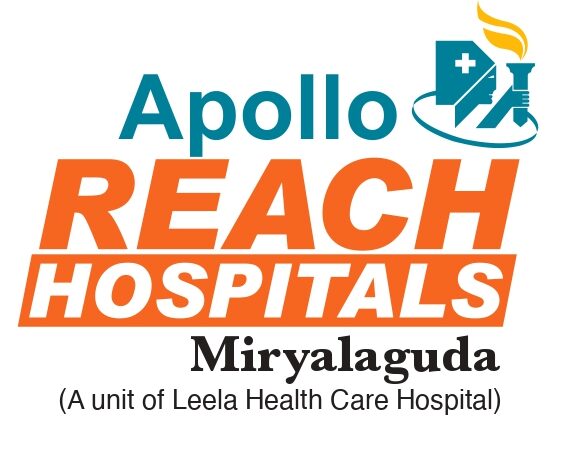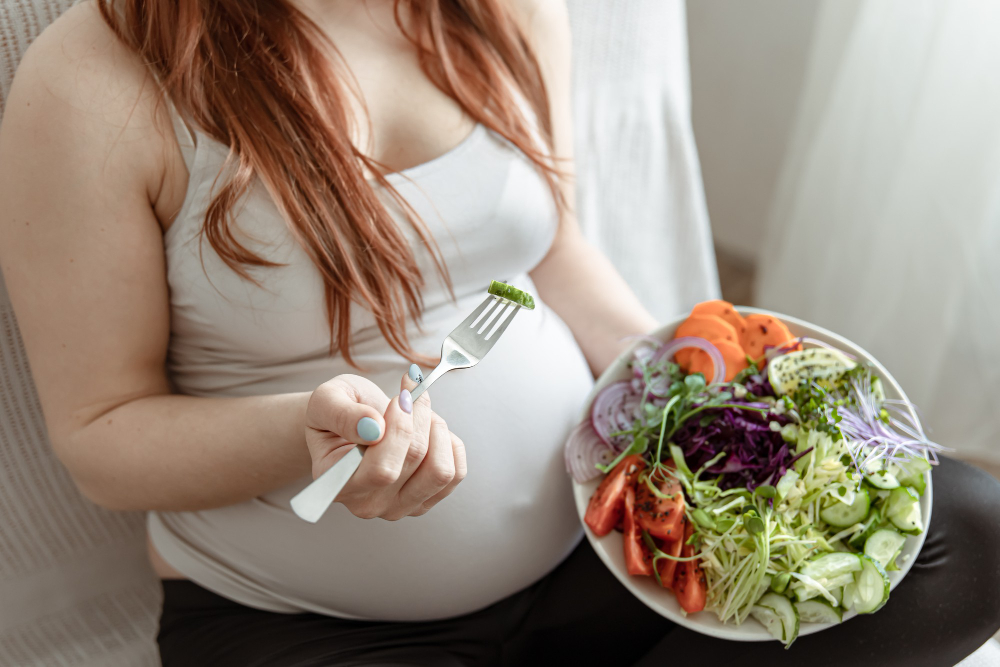Pregnancy nutrition is very important for both mother and baby. Eating a healthy pregnancy diet helps support growth and development. During pregnancy, your nutritional needs change. You may wonder about the best foods to eat when pregnant. Also, you might have questions about nutritional needs during pregnancy. In this guide, you will learn about pregnancy nutrition, key nutrients, and meal planning. You will also find tips for managing nausea and avoiding common myths.
Importance of Pregnancy Nutrition
Good nutrition during pregnancy helps your baby grow strong. It also keeps you healthy. For example, eating well can lower the risk of birth defects. It can also help prevent problems like low birth weight. Because your body works harder during pregnancy, you need more vitamins and minerals. Therefore, following a healthy pregnancy diet is key for both you and your baby.
Key Nutrients Needed During Pregnancy
Several nutrients are extra important when you are pregnant. These nutrients help your baby’s brain, bones, and body develop. Here are the most important ones:
According to the CDC and WHO, these nutrients are vital for a healthy pregnancy.
Recommended Foods and Meal Planning
Eating a variety of foods helps you get all the nutrients you need. For a healthy pregnancy diet, try to include:
Additionally, plan small, frequent meals if you feel hungry often. Drinking plenty of water is also important. Because your needs may change, listen to your body and adjust your meals as needed.
Foods and Substances to Avoid
Some foods and drinks can be harmful during pregnancy. To keep you and your baby safe, avoid:
Because some foods carry bacteria, always wash fruits and vegetables well. If you are unsure about a food, ask your doctor.
Common Nutrition Myths in Pregnancy
Many myths about pregnancy nutrition can cause confusion. Here are some common ones:
Because myths can spread easily, always check with a healthcare provider or trusted source.
Tips for Managing Nausea and Food Aversions
Nausea and food aversions are common in pregnancy. However, you can try these tips to feel better:
If nausea is severe or you cannot keep food down, contact your doctor right away.
When to Consult a Healthcare Provider
Sometimes, you may need extra help with pregnancy nutrition. For example, if you have special dietary needs or health conditions, talk to your doctor. You should also consult a healthcare provider if you:
Because every pregnancy is different, your doctor can give advice that fits your needs.
Good pregnancy nutrition supports a healthy mom and baby. At Apollo Reach Hospitals, we guide you to eat a balanced diet, avoid risky foods, and make informed choices.
For personalized pregnancy nutrition advice, consult our specialists at Apollo Reach Hospitals today!

